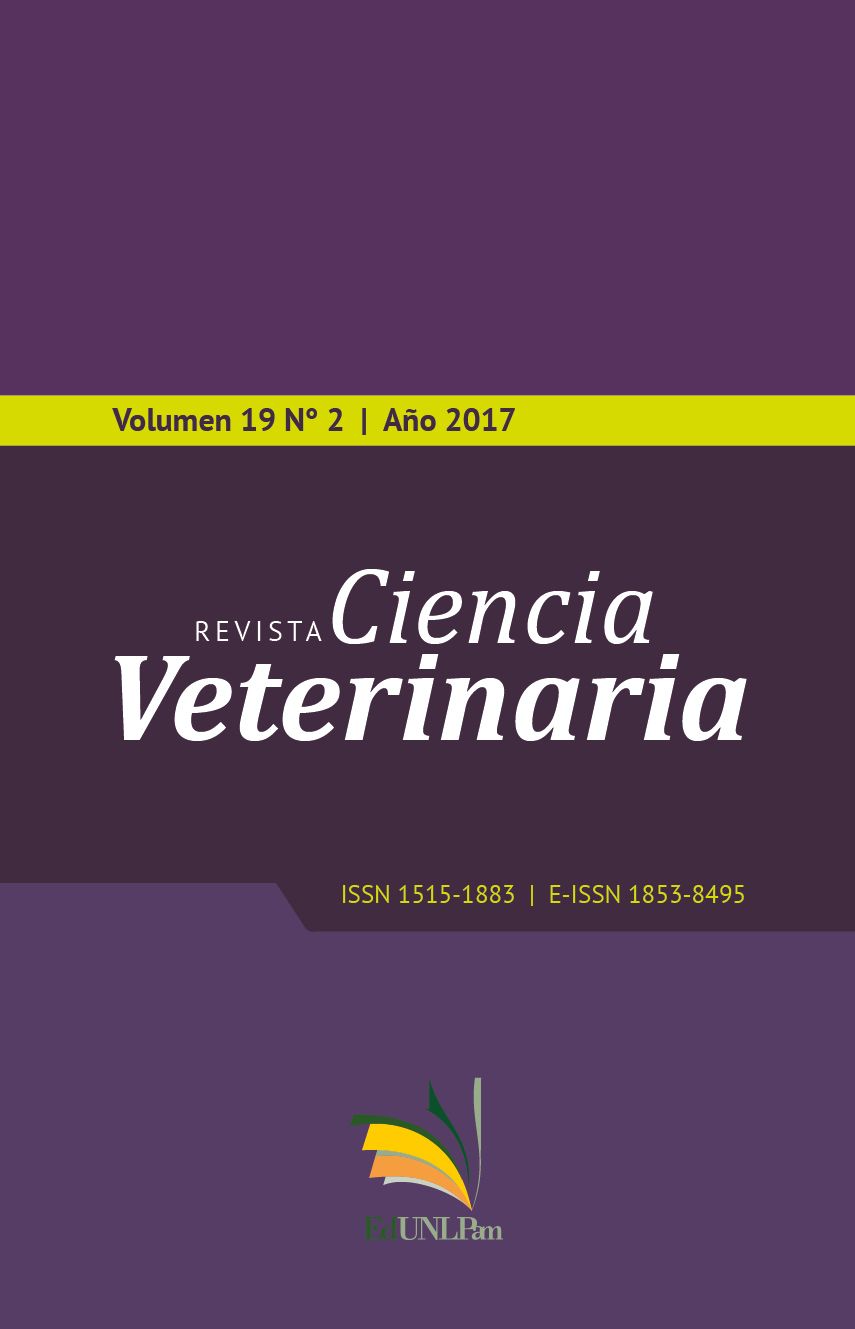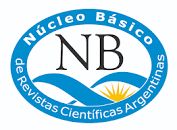Evaluation of the subjective quality of pork, using Qualitative Data Analysis (QDA) techniques, in the metropolitan area of Buenos Aires
DOI:
https://doi.org/10.19137/cienvet-20171921Keywords:
Subjective quality, pork, quality attributes, Qualitative Data AnalysisAbstract
In Argentina, the consumption of pork meat is not proportional to international levels, nor does it express the productive potential of the country. Several factors intervene in this situation, myths and beliefs make up a status of lack of quality for consumption, thus it is not commonly consumed. Therefore, the objective of the present is to evaluate the perception of subjective quality attributes of pork meat, using qualitative-quantitative techniques of discourse analysis of a group of consumers of the Buenos Aires suburbs. A focused discourse on the attributes was evidenced, in which ten qualities concepts emerged allowing a tight classification
of the expressions, both positive and negative, from the inquired people. There was a difference in the perception of subjective quality between genders, age group and level of studies. In general, there is a positive assessment of men to the economic dimension,
especially the youngest, but also the taste and low fat level, while women do it in the attributes of health dimension. Within the group of negative attributes the excess of fat arises, especially in consumers over 61 years old, the high price and bad taste in cases
of 18 to 42 years old. Knowing the subjective perception about the quality of the food will allow to elaborate communication strategies on the benefits of the product and to minimize the impact of the beliefs on those negative attributes.
Downloads
Downloads
Published
How to Cite
Issue
Section
License
Al momento de enviar sus contribuciones, los colaboradores deberán declarar , de manera fehaciente, que poseen el permiso del archivo o repositorio donde se obtuvieron los documentos que se anexan al trabajo, cualquiera sea su formato (manuscritos inéditos, imágenes, archivos audiovisuales, etc.), permiso que los autoriza a publicarlos y reproducirlos, liberando a la revista y sus editores de toda responsabilidad o reclamo de terceros , los autores deben adherir a la licencia Creative Commons denominada “Atribución - No Comercial CC BY-NC-SA”, mediante la cual el autor permite copiar, reproducir, distribuir, comunicar públicamente la obra y generar obras derivadas, siempre y cuando se cite y reconozca al autor original. No se permite, sin embargo, utilizar la obra con fines comerciales.








.jpg)

4.png)


7.png)



